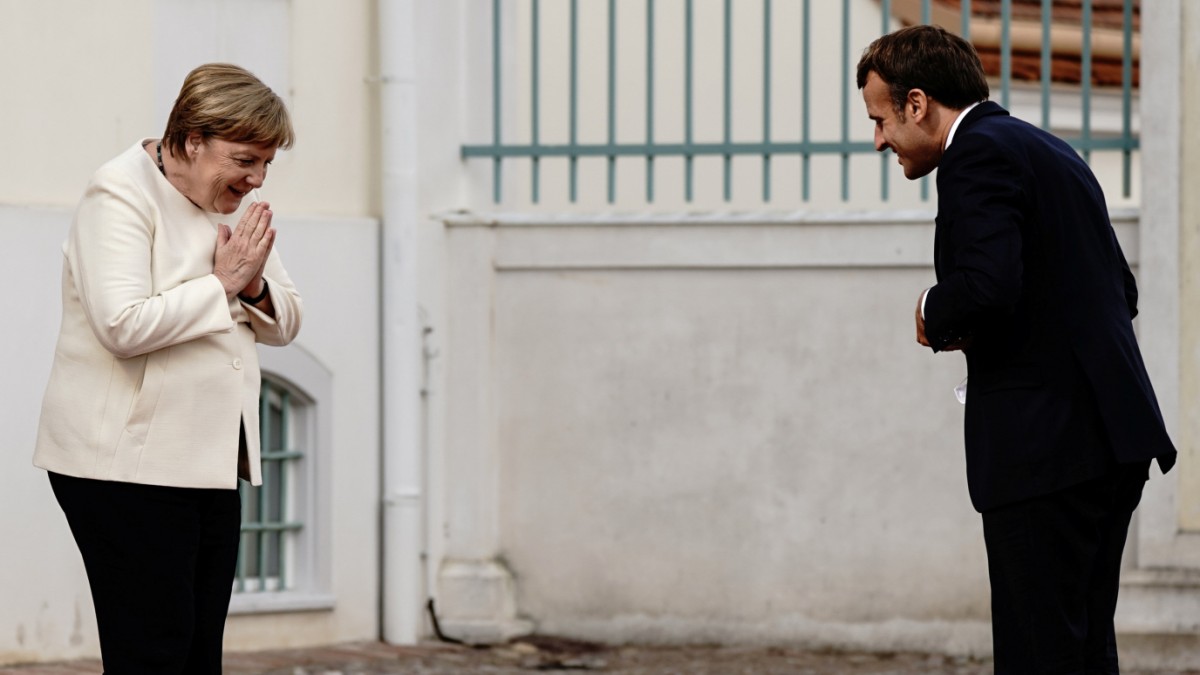Fears about the effect that the new coronavirus pandemic could have on Venezuela, plunged for years in an economic and social crisis, have begun to materialize: in the city of Maracaibo, hospitals have collapsed, some twenty hotels were taken to house asymptomatic patients and several dozen health workers have been infected.
Specialists fear the outbreak in the state capital of Zulia is the start of a larger-scale emergency in a vulnerable country that, although so far it seemed to have largely escaped the pandemic, has shown sustained growth in recent weeks in the daily number of infections.
The jump in the registry – until Friday 4,563 cases and 39 deaths have been reported across the country – led to the government of Nicolás Maduro to extreme this week the confinement measures in force since March in Zulia, Caracas and eight states.
The alarms in Maracaibo, the second most important city in the country after the capital, went off in mid-May after the detection of an outbreak in the popular market of Las Pulgas, the largest in that town and where more than 20,000 go daily. persons.
In a few days, the market became the local epicenter of the pandemic, which led the authorities to close it and to extreme quarantine in the oil state bordering Colombia, aggravating the already precarious living conditions of its more than three million inhabitants, they suffer constant blackouts and shortages of water and fuel.
In less than a month, cases in Zulia went from thirty to 600, making it the second state with the most infections after Apure, also on the border with Colombia, where more than 1,000 infections have been reported.
The main autonomous center for COVID-19 cases in Maracaibo was chosen by the state Autonomous Service University Hospital, a large complex of more than half a century.
Doctors and nurses consulted by The Associated Press who spoke on condition of anonymity to avoid retaliation by the authorities – as has happened with other colleagues – pointed out that the hospital, which less than two decades ago was a reference in Latin America for its sophisticated equipment and specialized personnel, facing the pandemic in an advanced state of deterioration and with a shortage of water, forcing patients and employees to resort to plastic containers to store the liquid and clean themselves.
Failures in the air conditioning system mean that health personnel, who use special suits to protect themselves, have to withstand high temperatures while caring for those infected in intensive care.
In turn, the lack of maintenance is such that it has become common for employees to come across rats, cockroaches, cats and dogs in the hospital. “This is a zoo,” said a doctor.
Given the exponential growth of infections, the authorities decided to suspend care for other pathologies at the University Hospital and focus on coronavirus cases. Despite this measure, “the floors are collapsed by patients with COVID,” said a doctor, adding that there are only seven beds in the intensive care unit.
In two other hospitals, the Chiquinquirá and the Adolfo Pons, beds have been installed in the outpatient area to receive the infected despite the fact that there are no oxygen intakes or toilets in that area, a nurse said.
In addition to the three hospitals, the authorities took over twenty hotels to accommodate patients, said opposition deputy and surgeon William Barrientos.
The infected are “isolated without protocol” until the results of the tests in Caracas arrive, a process that, according to Barrientos, can take more than a week. The state-run National Institute of Hygiene, which operates in the Venezuelan capital, is the only center that processes tests throughout the country.
The absenteeism of health personnel has become another problem in Zulia. Given the risk of contagion, the lack of protective equipment and the shortage of fuel and public transport, many doctors and nurses have stopped going to hospitals.
Barrientos also said that more than 40 doctors have been infected but they did not want to reveal their condition so as not to be transferred to hotels. Regarding the number of doctors and nurses who died in Zulia from COVID-19, the government has not provided further details, although unofficially they refer to at least four deaths.
The doctor Patricia Valenzuela, member of the board of directors of the Venezuelan Society of Infectology, attributed the sustained growth of infections to the decrease in prevention and the lack of conditioning in public places and transport.
Valenzuela affirmed that the situation in Zulia shows that “our hospitals are not conditioned” and stated that the sustained increase in cases will only stop if there is an organization and the “citizen becomes aware that they must take care of themselves.”
The lack of preparation of the Venezuelan health system was warned last month by the international humanitarian organization Human Rights Watch and the Johns Hopkins University Centers for Public Health and Human Rights, which called on the UN to assume leadership to address the the country’s difficult situation, burdened by a severe recession and runaway hyperinflation that has led almost a third of the population to have difficulty eating.
It may interest you:
– .


